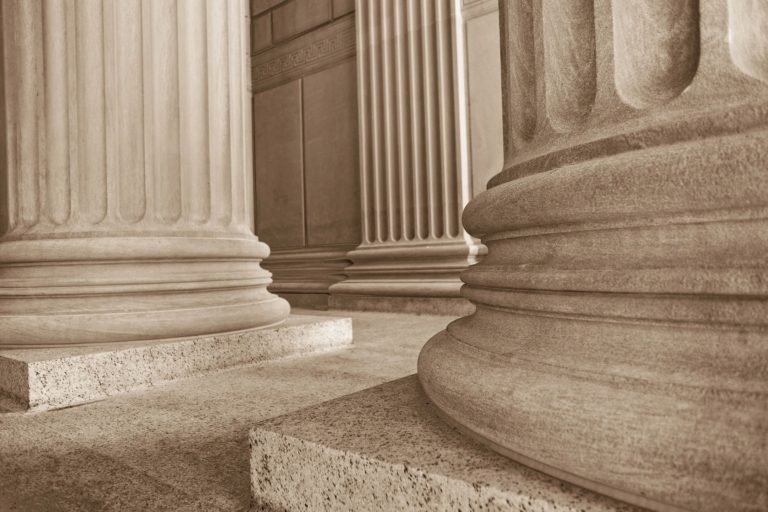After the murder of George Floyd ignited nationwide protests, corporate America promised to take an active role in confronting systemic racism.
Now, a Washington Post analysis of corporate commitments toward racial justice causes reveals the limits of their power to remedy structural problems.
For example, Apple, Facebook, Pfizer, Johnson & Johnson and Procter & Gamble, made broad claims about what they would do to fight racism and injustice. Upon a deeper look, most of the money is allocated as loans or investments to the cause the companies could stand to profit from.
“Corporations are not set up to wield their power for the greater good as much as we give them credit for, a lot of times,” Phillip Atiba Goff, a professor at Yale University who co-founded the Center for Policing Equity told The Washington Post. “They are constrained by things they feel they need to do to manage their brand in a world where Black liberation does not have consensus.”
There is no single entity tracking the corporate promises to hold them accountable.
On a positive note, public companies are devoting the most resources to promoting upward economic mobility for Black people, through increased opportunities for homeownership, entrepreneurship and education.
JPMorgan Chase has pledged $28 billion in housing and business loans to Black and Latino communities, with the goal of moving 40,000 families into homeownership over the next five years. PayPal and Google are donating large amounts to historically Black colleges and universities to increase Black representation in the tech sector.
These companies are also trying to incorporate racial justice initiatives in their everyday business practices.
Corporate and government policy changes aimed at addressing the historic destruction of Black wealth are also needed for financial inclusion and closing the racial wealth gap.
Corporate Commitments Toward Racial Justice Need To Be More Transparent
- 04/08/2022
- 3:45 am
admin
Thinker & Designer
Share on facebook
Share on twitter
Share on pinterest
Share on reddit
Recent Posts

10 August, 2022
Mitchell Hamline School of Law in St. Paul, Minn. this summer accepted their first incarcerated student....

09 August, 2022
Financial inclusion is the term used for efforts to make basic banking and financial products safe, affordable,...

08 August, 2022
According to NYN Media, New York City should work with unions and re-entry providers to provide work...

05 August, 2022
Southern California is based on a reputation for offering its citizens the promise of education, jobs,...

04 August, 2022
After the murder of George Floyd ignited nationwide protests, corporate America promised to take an active...

03 August, 2022
President Biden signed Executive Order 13985 on his first day in office. That order advances racial equity...

02 August, 2022
In the wake of the killing of George Floyd and amid calls for greater social justice, the U.S. stock...
No posts found



